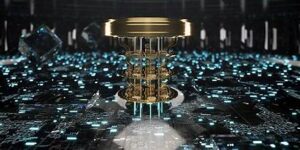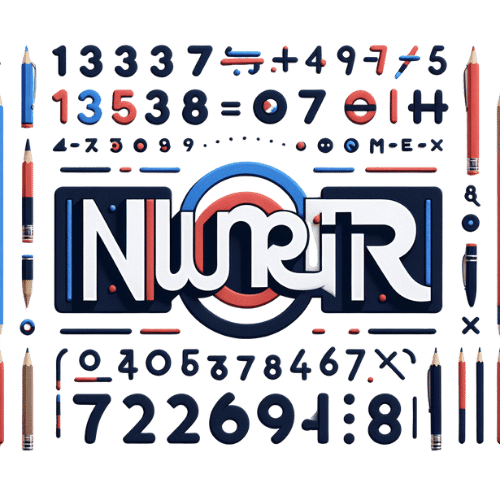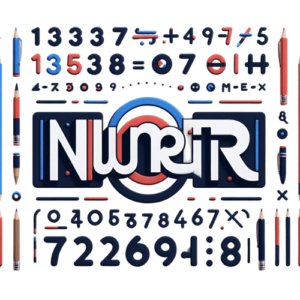Introduction
Quantum computing is a rapidly evolving field with the potential to revolutionize many areas of technology and science. One of the most exciting implications of quantum computing is its ability to significantly enhance measurement precision in scientific research. This article explores how quantum computing impacts measurement precision, its advantages over classical computing, and the implications for various scientific disciplines.
Understanding Quantum Computing
Quantum computing leverages the principles of quantum mechanics to perform calculations that would be infeasible for classical computers. Unlike classical bits, which represent either a 0 or a 1, quantum bits (qubits) can represent both 0 and 1 simultaneously due to a property known as superposition. Additionally, qubits can be entangled, meaning the state of one qubit can depend on the state of another, even if they are separated by large distances.
These properties allow quantum computers to process and analyze vast amounts of data much more efficiently than classical computers. This computational power can translate into more accurate and precise measurements in scientific research.
Enhanced Measurement Precision
Measurement precision is crucial in scientific research as it directly impacts the reliability and validity of experimental results. Quantum computing enhances measurement precision through several mechanisms:
- Quantum Algorithms: Quantum algorithms, such as the Quantum Fourier Transform and Grover’s algorithm, can solve complex problems more efficiently than classical algorithms. This efficiency translates into more precise measurements by reducing the computational resources needed to process and analyze experimental data.
- Quantum Sensors: Quantum sensors exploit quantum phenomena like superposition and entanglement to achieve higher precision in measurements. For instance, quantum-enhanced magnetometers and accelerometers can detect minute changes in magnetic fields and acceleration with unprecedented accuracy. These sensors can be applied in various fields, including astronomy, navigation, and material science.
- Error Correction: Quantum computers use sophisticated error correction techniques to manage errors that arise from quantum decoherence and other disturbances. This robust error correction capability ensures that measurements derived from quantum computing are highly accurate and reliable.
Applications in Scientific Research
Quantum computing’s impact on measurement precision spans multiple scientific disciplines. Here are a few key areas where quantum computing is making a significant difference:
- Physics: In particle physics, quantum computing enhances the precision of measurements related to fundamental particles and forces. For example, it can improve the accuracy of simulations for particle collisions in accelerators, leading to better understanding and discovery of new particles.
- Chemistry: Quantum computing can model molecular interactions with high precision, which is crucial for developing new materials and drugs. Accurate simulations of molecular structures and reactions can lead to more precise measurements of chemical properties and behaviors.
- Astronomy: Quantum-enhanced measurements can improve the precision of observations of celestial bodies. This includes better detection of gravitational waves, more accurate measurements of cosmic microwave background radiation, and enhanced capabilities for deep space imaging.
- Biology: In biological research, quantum sensors can measure biochemical interactions at a molecular level with high precision. This capability is beneficial for understanding complex biological processes and developing targeted therapies.
Challenges and Future Prospects
While the potential benefits of quantum computing for measurement precision are substantial, several challenges remain:
- Technological Limitations: Quantum computing technology is still in its infancy. Building and maintaining stable qubits and large-scale quantum computers is challenging and requires significant advancements.
- Integration with Classical Systems: Integrating quantum computing with existing classical systems and workflows poses practical challenges. Researchers must develop methods to effectively combine quantum and classical approaches to maximize measurement precision.
- Cost: Quantum computing infrastructure is currently expensive, which may limit access to this technology for many research institutions. Reducing costs and improving accessibility will be crucial for widespread adoption.
Conclusion
Quantum computing holds transformative potential for enhancing measurement precision in scientific research. By leveraging quantum algorithms, sensors, and error correction techniques, researchers can achieve unprecedented accuracy and reliability in their measurements. Although there are challenges to overcome, the future of quantum computing in scientific research is promising. As technology continues to advance, quantum computing is likely to play a pivotal role in driving forward our understanding of the universe and solving complex scientific problems.




